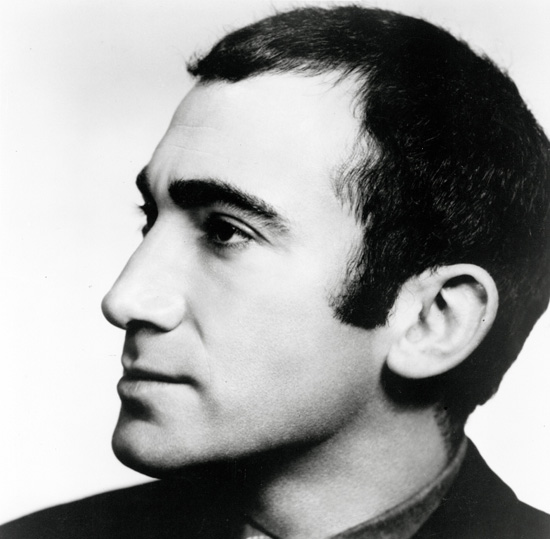In Celebration of the Human Voice - The Essential Musical Instrument
Home | Doo Wop | Barbershop | World | Contemporary | Christian | Vocal Jazz | Choral | Christmas | Instructional | Arrangements
Classical | Opera | Musicals | Personality | Young Singers | Disney | Videos | Songs | The Artists

Lionel Bart Biography

Click Here for Sheet Music and Songbook Vocal Arrangements
He was born Lionel Begleiter, the youngest of seven surviving children of Galician Jews, Yetta (nee Darumstundler) and Morris Begleiter, a master tailor. He grew up in Stepney; his father worked in the area as a tailor in a garden shed. The family had escaped the deadly pogroms against Jews by Ukrainian cossacks in Galicia, which was then part of the Austrian Empire. Lionel Begleiter changed his surname to Bart, said to be derived from when he passed by St Bartholomew's Hospital on the top deck of a bus, after he had completed his National Service with the Royal Air Force. A more likely derivation of Bart is from the silk-screen printing company he founded with John Gorman, G and B Arts. He started his songwriting career in amateur theatre, first at The International Youth Centre in 1952 where he and a friend wrote a revue together called IYC Revue 52. The following year the pair auditioned for a production of the Leonard Irwin play The Wages of Eve at London's Unity Theatre. Shortly afterward Bart began composing songs for Unity Theatre productions, contributing material (including the title song) to its 1953 revue Turn It Up, and songs for its 1953 pantomime, an agitprop version of Cinderella. While at the Unity he was talent-spotted by Joan Littlewood, and so joined Theatre Workshop. He also wrote comedy songs for the Sunday lunchtime BBC radio programme The Billy Cotton Band Show. He first gained widespread recognition through his pop songwriting, penning numerous hits for the stable of young male singers promoted by artist manager and music publisher Larry Parnes. Bart's pop output in this period includes the hits "Living Doll" (written for Cliff Richard) and "Rock with the Cavemen", "Handful of Songs", "Butterfingers" and "Little White Bull" (for Tommy Steele). During this period, Steele and Mike Pratt were his songwriting partners. He won three Ivor Novello Awards in 1957, a further four in 1958, and two in 1960. He wrote the theme song for the 1963 James Bond film From Russia with Love. His other hits include: "Do You Mind?" (recorded by both Anthony Newley and Andy Williams), "Big Time" (a 1961 cover by Jack Jones of his "Fings Ain't Wot They Used T'Be" show tune), "Easy Going Me" (Adam Faith) and "Always You And Me" (with Russ Conway). Media Articles |
Select a Category |
Want to Sing? - Find a Chorus Near You
List of Choruses by State | List of Choruses by City
